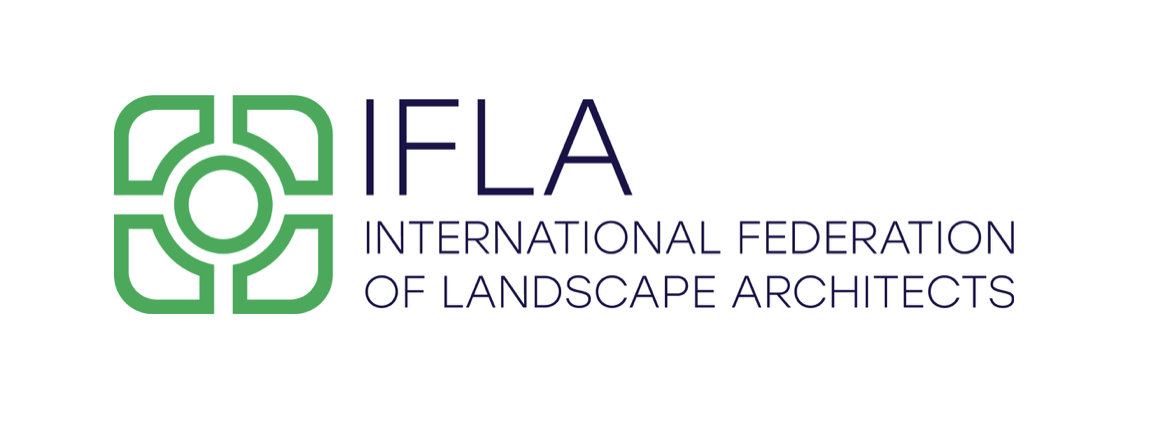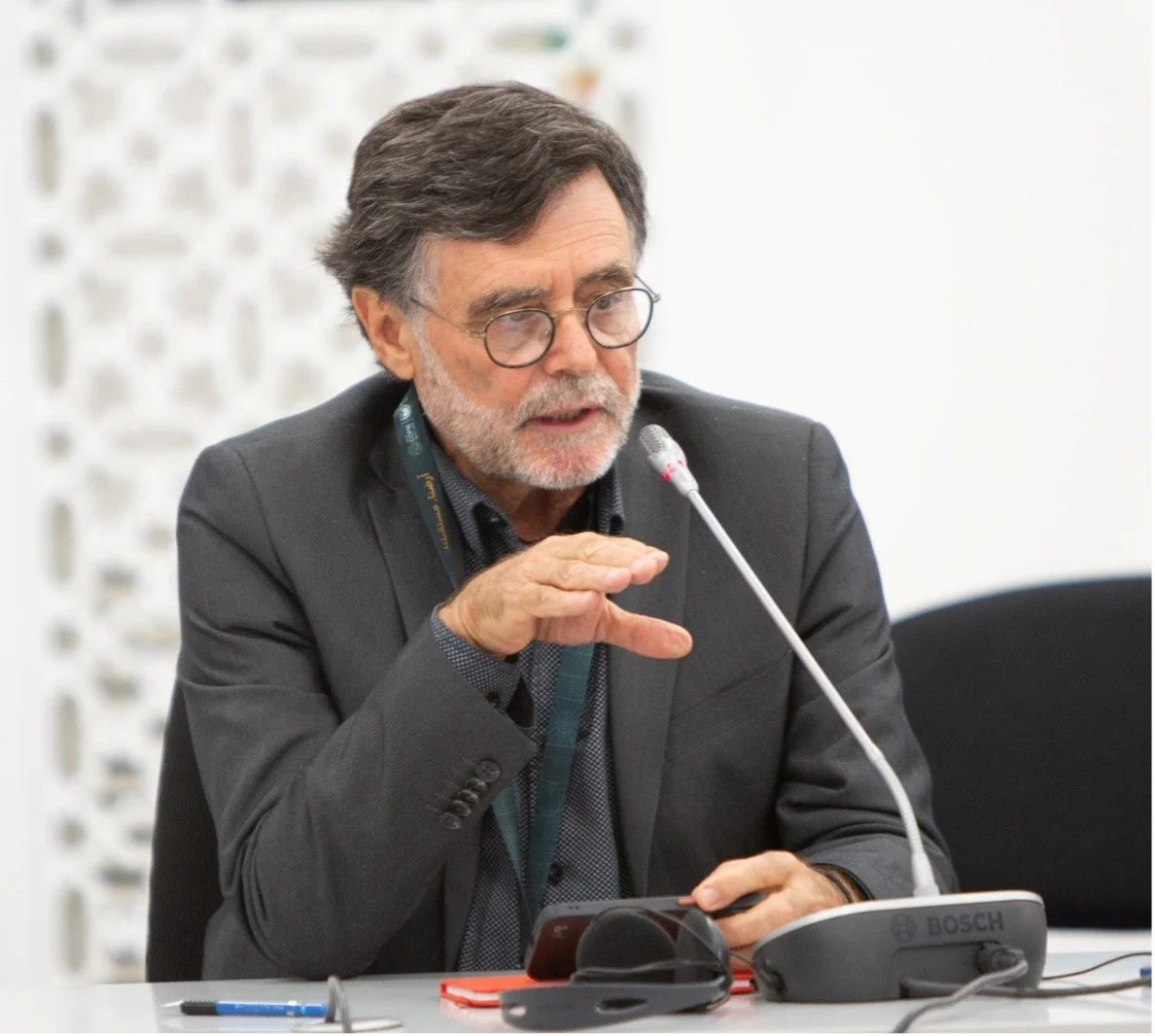"African answers to African problems” is not just a slogan — it is a philosophy of trust: trust in our people, our stories, and our land
“The dynamic tension between the poetic and the practical will define the evolution of African landscapes.”
– The African Landscape Architectures - Alternative Futures for The Field Conference, Harvard University, Graduate School of Design, 06-07 March 2025.
As I write this final column, I find myself looking back with deep gratitude for the journey we have shared over the past four years. Serving as President of IFLA Africa has been one of the greatest honours of my professional life. It has been a time of challenges, yes, but also of discovery, growth, and a renewed belief in the extraordinary potential of our profession across this continent.
From the start, I have carried a simple conviction: that landscape architecture in Africa deserves to be recognised, respected, and supported as the vital profession it is. Too often, our work has been invisible, or our practitioners have laboured without the protection of proper regulation. Too often, our work goes unrecognised in policy frameworks, or the profession operates without the protection of statutory regulation. This leaves both practitioners and the public vulnerable.
That is why I, along with my executive, placed so much emphasis on professional recognition — and why I am proud of the steps we have taken together, including building new partnerships, like our collaboration with CLARB, which I believe will continue to bear fruit in years to come as our National Associations engage with CLARB as a step towards creating pathways for professional registration, common standards, and stronger ethical practice. Much more remains to be done, but we have laid foundations.
Education and capacity building have been another constant theme for me. We need more landscape architects, but we also need a kind of education that genuinely speaks to Africa — education that honours indigenous knowledge, local traditions, and our diverse ecological realities. I have seen this vision come alive in studios in South Africa and Kenya, conferences, and in the pages of the African Journal of Landscape Architecture (AJLA). These spaces give me hope because they show a younger generation unafraid to challenge inherited models and to imagine something rooted, authentic, and new and not simply importing models from elsewhere.
Of course, the forces shaping our continent are immense. Rapid urbanisation, climate change, fire and flood risk, food insecurity — these are not abstract issues, but daily realities. And yet, at every turn, I have seen how landscape architects, along with our sister professionals, can respond with creativity and care: designing green infrastructure, restoring ecosystems, and creating spaces that are both resilient and just. For me, it has never been only about sustainability in the narrow sense. It has always been about landscapes that give voice to people, that create equity, and that carry forward culture, memory, and well-being.
“When architecture and its landscape setting merge to become one entity, the artificial barrier between architecture and landscape is broken and is understood as the ‘landscape’.” — Landscapes of Emancipation, AJLA Issue no. 1, 2021
If there is one message I hope endures from my time in this role, it is that African landscape architecture must be unapologetically itself. We must recognise that “landscape” itself is a concept shaped differently in African languages and traditions than in Western discourse. Our task is to expand the discipline to embrace those pluralities. In doing so, we create space for African answers to African problems — original, authentic, and transformative. Our identity is our strength. We do not need to imitate; we need to cultivate our own ways of seeing, designing, and building. “African answers to African problems” is not just a slogan — it is a philosophy of trust: trust in our people, our stories, and our land.
This work has never been mine alone. It has always been ours — through conferences, symposia, student competitions, partnerships, and countless acts of collaboration across borders. If anything has sustained me, it has been the generosity and passion of colleagues and our executive, who continue to give their time and energy, voluntarily, to build something larger than themselves.
Graham Young at the UNCCD COP 16, Riyadh 2024, representing IFLA Africa and advocating for landscape architecture visionaries in the session on Rethinking Urban Landscape – Equity, Restoration and Resilience in Arid Regions.
Of course, we have faced serious challenges: limited resources, fragmented and non-existent regulatory environments, underfunded universities, the loss of landscape architectural programmes, and the constant struggle for recognition. But these challenges have also clarified what must come next. Our future lies in building institutions that are resilient, equitable, and rooted locally.
As I step back and hand over to our President Elect, Ruth Wanjiku, I hold onto a simple belief: that African landscape architecture will flourish when it is rooted in our own stories and knowledge, when it balances beauty with resilience, and when it serves all people with fairness and care. If we stay authentic, collaborative, and courageous, our profession will not only shape landscapes, but shape futures — African futures — that are just, sustainable, and full of life.
“Rather than forcing an external vision onto a place, narrative-driven design emerges organically, drawing from the spirit and rhythm already present in the landscape. It invites users to engage not just physically but emotionally … We are listeners, interpreters, and storytellers.”
– The Story, IFLA World Blog, July 2025
Thank you, my friends and colleagues, for your trust, your collaboration, and for allowing me to walk this path with you. Thank you for your confidence, patience, and shared belief in the power of landscapes to transform lives. The journey continues, and I look forward to watching — and supporting — where IFLA Africa will take us next.
The African Delegation (with a couple of friends), at the recent IFLA World Conference, Nantes, France”
… remember that the future of our landscapes is in our hands—let us shape it wisely!
With gratitude and friendship,
Graham A. Young
President, IFLA Africa (2021–2025)
21 September 2025
Published in September 2025 Issue of the IFLA Africa Newsletter


